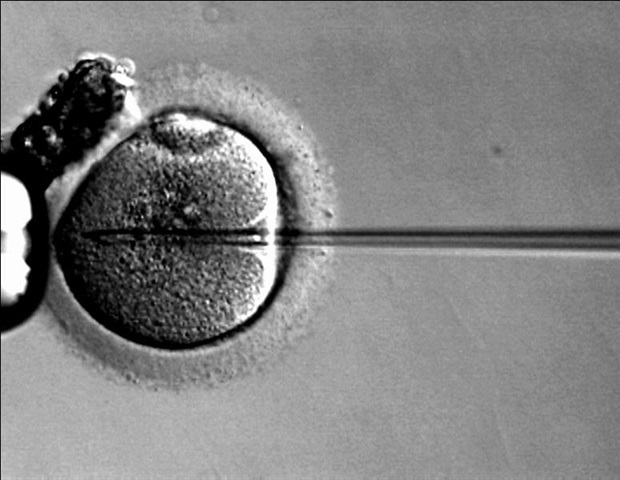Pregnancy eating sometimes feels like a weird game of elimination. With so many do’s and don’t, it’s not always easy to know what’s safe and what’s not—especially when a craving kicks in. When hunger strikes, you might be tempted to reach for your favorite footlong or stacked sandwich. But an increased risk of infection from deli meats might want to rethink your snack choice until after baby is born.
The next time you’re feeling hangry while adding to your baby registries or newborn checklist, it’s probably best to avoid all deli meat (for now) and opt for something a little safer.
Why can’t pregnant women eat deli meat?
A nice cold cut sandwich may sound like a great snack, but it comes with a lot of potential risks. Does it mean you have to cut it out of your diet entirely? It’s complicated.
“These foods can be safe as long as luncheon meats are heated until steaming hot just before serving,” says Dr. Erica Montes, Board-Certified OB-GYN and pH-D Feminine Health Advisor. “They are not the healthiest choices, but eating them sparingly can be fine.”
Deli meat outside of pregnancy can be a good source of protein, but Dr. Montes still advises to eat any processed food sparingly.
Why is cold deli meat bad for pregnancy?
Pregnancy cravings might influence you to reach for the shaved roast beef or turkey but Dr. Montes says you might want to rethink that due to a dangerous bacteria lingering in those cold cuts.
“Listeriosis is one of the most serious types of food poisoning,” Dr. Montes says of listeria, the food poisoning-causing bacteria to actively avoid when pregnant.
Why does deli meat have listeria?
Food poisoning at any point is unpleasant, but it’s especially worrisome while pregnant. Dr. Montes explains how the bacteria affects deli meat, and why pregnant women should limit or avoid it.
“Listeria is a kind of bacteria that is found in soil, water, and some animals, including cattle and poultry,” Dr. Montes says. “When eaten, it causes a food-borne illness called listeriosis. It’s extremely unpleasant to suffer rounds of vomit and poop-related issues, and potentially dangerous.
Although rare, some women have miscarriages, especially in the first trimester, from listeria-related illnesses. Dehydration is a far more common risk, though.
A lot of processed meats (lunch meat, hot dogs and sausage), aren’t the healthiest options in general. Typically, foods like these can lead to a slew of health issues like cancer, high blood pressure, and more.
“Overall these foods are not the healthiest because they are processed and have larger amounts of saturated fats and sodium,” Dr. Montes adds.
Pregnancy-safe deli meat alternatives
If you’re really hankering for something deli-meat-like, Dr. Montes says you don’t have to ignore your craving completely.
“Some alternatives include using fresh over prepackaged deli meat, but pay attention to the sodium on the package. Look for leaner meats like turkey or chicken.”
It’s also important to, “Avoid all raw and undercooked seafood, eggs, meat, and poultry while you are pregnant. Do not eat sushi made with raw fish (though cooked sushi is safe). Cooking and pasteurization are the only ways to kill listeria.”
What are signs of listeria infection?
Some of the most common signs of having contracted Listeria include fever, headache, flu-like symptoms, muscle aches, fatigue, stiff neck, loss of balance, confusion and seizures.
When can pregnant women eat deli meat?
Better to be safe than sorry and avoid it until post-pregnancy. With all the potential risks that could put you or your baby’s life in danger, it’s not worth it. Until then, opt for other tasty, pregnancy-safe protein options. Fiber-rich nuts, cooked meats and small amounts of low-mercury fish are excellent choices.
How can pregnant women protect themselves against contracting Listeria?
Because Listeria comes with some common foods (like that melon you had a craving for), it’s always best to wash your hands before and after handling food, and clean all surfaces that the food touched.
Only consume pasteurized milk products and avoid store-bought prepared salads where listeria is more likely to grow, and refrigerate already cut fruits and vegetables— hen eat them within a few days to avoid the possibility of contamination.
Get parenting news, expert advice, info on secret sales, discounts and the best-ever products. Sign up for the Today’s Parent newsletter.

 PARENTING TIPS
PARENTING TIPS PREGNANCY
PREGNANCY BABY CARE
BABY CARE TODDLERS
TODDLERS TEENS
TEENS HEALTH CARE
HEALTH CARE ACTIVITIES & CRAFTS
ACTIVITIES & CRAFTS


